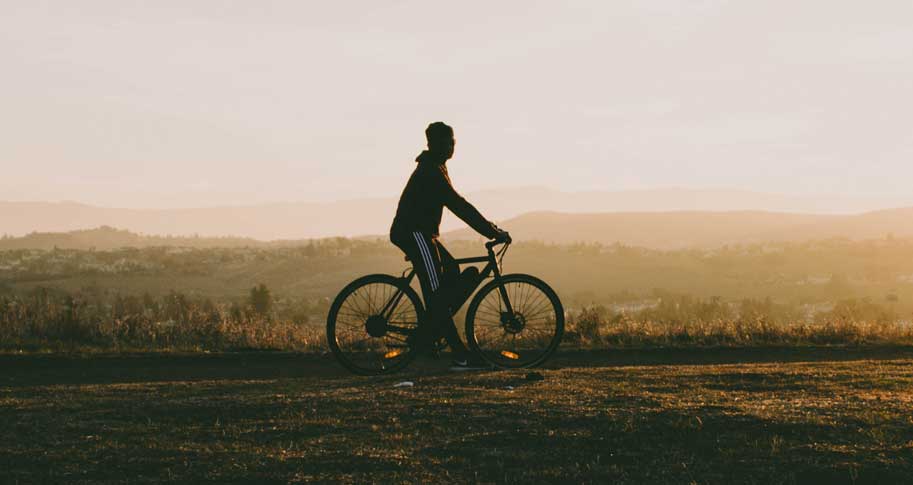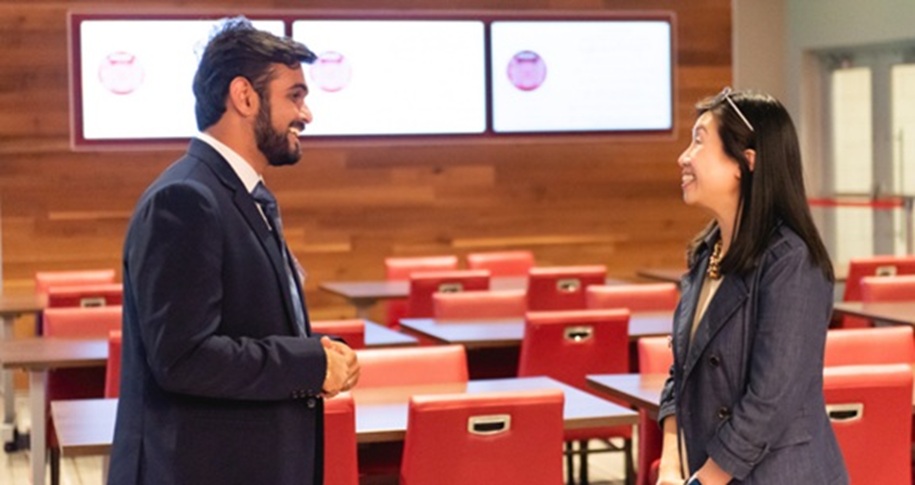
Are you looking to foster a passion for sustainability? Biking is a great solution, and springtime in NWA is the ideal time to start. As the number of cyclists in NWA increases, so do the benefits to the environment, social community and the cyclist’s overall health.
“I think of sustainability in a holistic way, encompassing not only the natural environment but also community, personal health, the economy and quality of life,” said Jon Johnson, a U of A professor and the founder and chairman of the board at The Sustainability Consortium. “Bikes are good for community building; you meet folks on the trails. Cycling is surprisingly convenient, and bikes are economical for the user, the communities and institutions. It costs around $50,000/parking space to build a parking deck, and the economic and mental costs of traffic are not trivial.”
The benefits of biking are evident, so how can NWA continue to grow its biking community to increase overall sustainability?
“More interconnected trails in NWA, especially in terms of connecting all neighborhoods into the trail system,” Johnson said. He envisions “a significant proportion of the population on bikes every day, for recreation and for commuting.”
This long-term goal is backed up by research from the University of Oxford’s transport professor Christian Brand who found that “choosing a bike over a car just once a day reduces an average citizen’s carbon emissions from transport by 67%”(qtd. Lombrana, 2021).
As for the biking community at the U of A, Johnson would like to see some improvements. “We’re so close to the Razorback Greenway, but don’t have good connectivity to it. I’d also like to see more dedicated bike trails across campus, and more door side parking. In terms of commuting, we’d love to get bike modeshare—the percentage of commuters coming to campus on bikes and via other active transportation methods—over 25%.” Students who bike to campus reap the benefits of less traffic and free parking.
While the biking community in NWA still has room to grow, it has grabbed national attention. According to “Is Fayetteville, Arkansas the Next Great Biking City?” by Cinnamon Janzer in Next City, a nonprofit site which focuses on urban issues and solutions, Fayetteville is moving up in bike rankings.
“Fayetteville has been busy investing in its bike infrastructure recently, to the point that Places for Bikes, a national bike advocacy organization, recently gave Fayetteville an ‘acceleration’ score of 4.6 out of 5, meaning the city is improving its bike infrastructure faster than other ranked cities. The scores are based on how many people in the region are riding bikes, how extensive and connected the city’s bike infrastructure is, and other factors. By 2040, 97% of the population in NWA will live within ½ mile of all proposed trails.” (Janzer, 2021).
To promote further growth in the biking community, the University of Arkansas with the help of Johnson developed a new program which supports outdoor entrepreneurs.
“We want to make the University of Arkansas the premier university for students who are passionate about cycling and the outdoors,” Johnson said. “The new curricula we’re developing is aimed at preparing students for careers in the cycling and outdoors industries. Graduates from those programs will be vital in building out the cycling and outdoors scene in NWA.”
Students and the community will benefit from the new outdoor program.
“The Greenhouse Outdoor Recreation Program, an incubator UA started, is working with entrepreneurs to develop cycling and outdoor related start-ups,” Johnson said. “The undergraduate certificate in outdoor products and services will ramp up soon, and we should see UA student interns out in the community and start-up businesses not far behind. The Master of Science in Product Innovation will educate students who have a passion and a vision for cutting edge cycling and outdoor products. Cyclists in the area will be offered an array of new services and products because of our programs.”

 Lori Speer joined the University of Arkansas as the MBA Program Coordinator in August
of 2021. She provides assistance to the faculty in the EMBA program and the administration
team.
Lori Speer joined the University of Arkansas as the MBA Program Coordinator in August
of 2021. She provides assistance to the faculty in the EMBA program and the administration
team.



